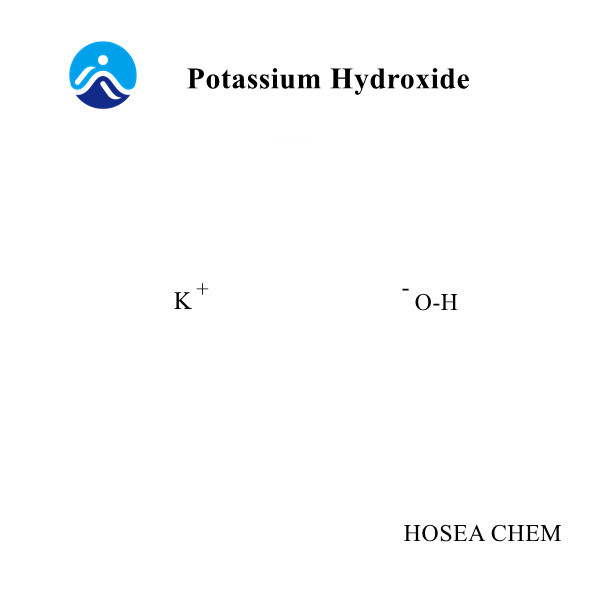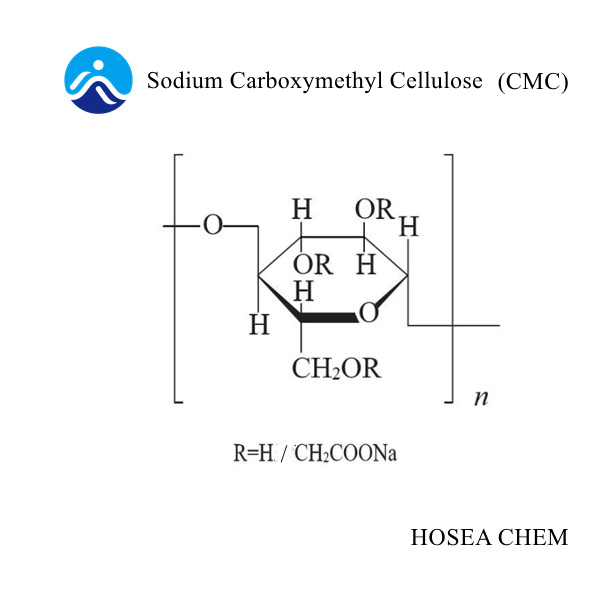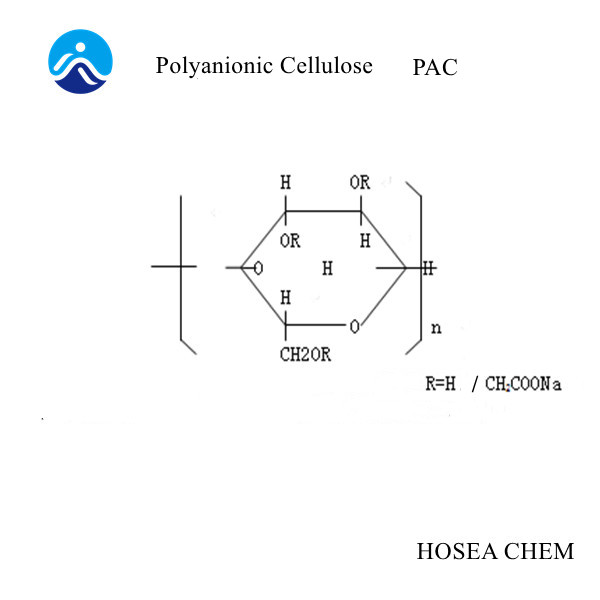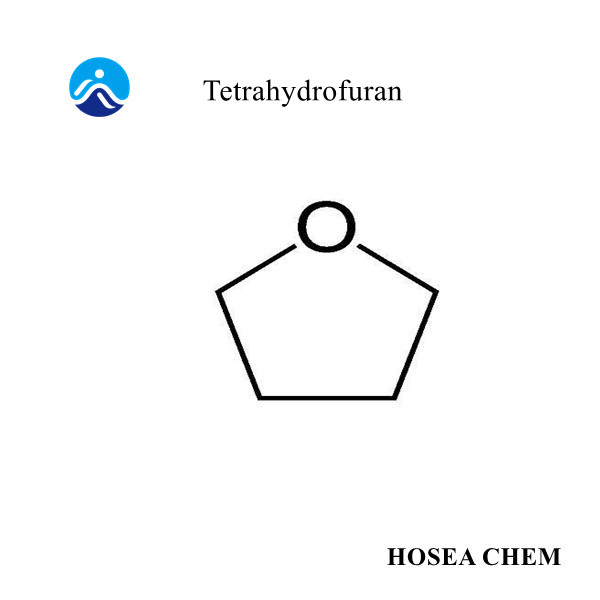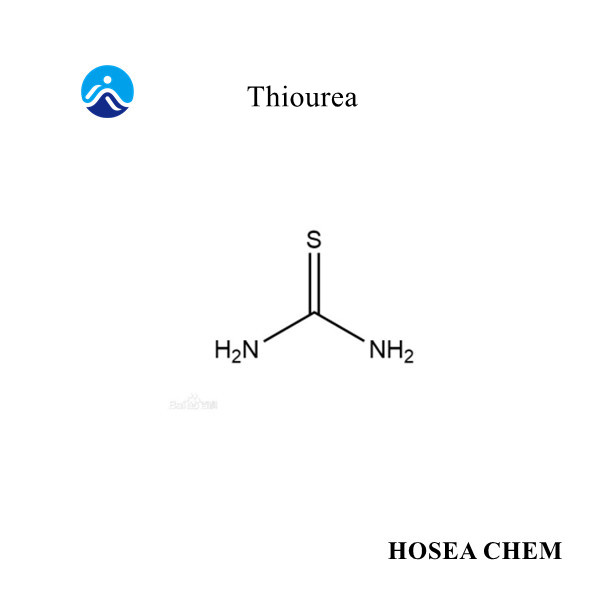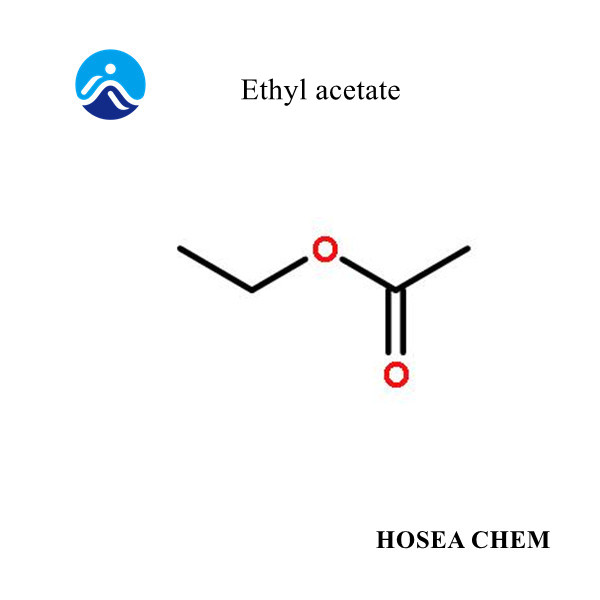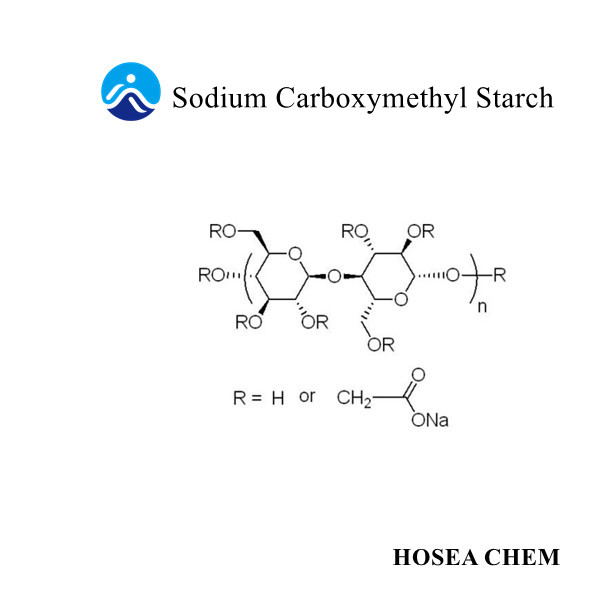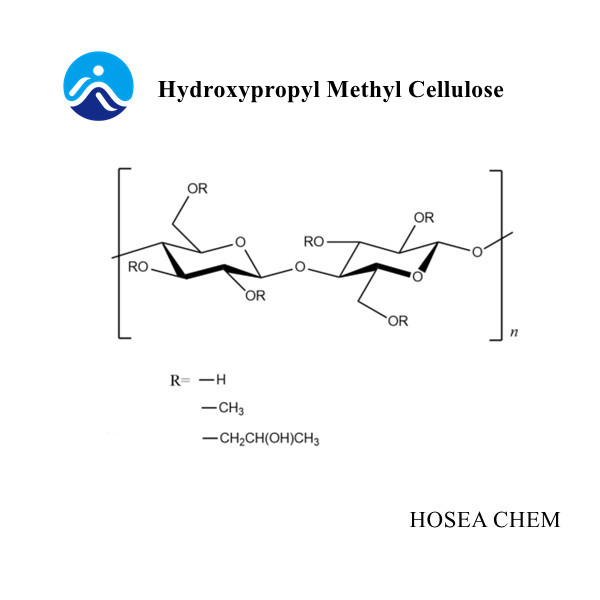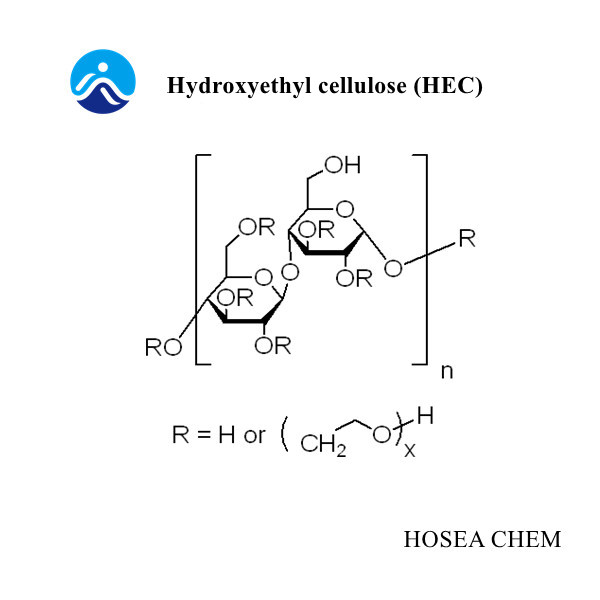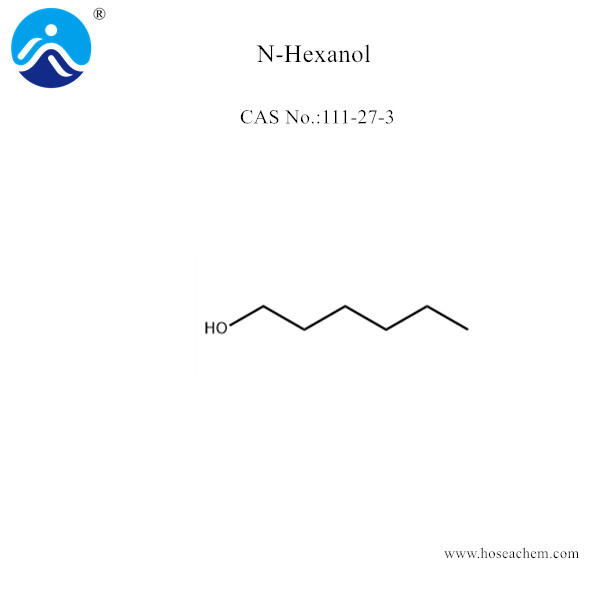N-Hexanol
Hosea Chem® has been supplying N-Hexanol (CAS 111-27-3) with high quality and competitive price for many years, covering most of the European, American, etc. Send Inquiry
Product Description
N-Hexanol
Chemical Name:N-Hexanol;CAS 111-27-3
EINECS No.: 203-852-3
Chemical Formula: C6H14O
Molecular Weight: 102.17
Melting point: -52°C
Boiling point: 156-157℃
Flash point: 140°F
Density at 25°C: 0.814 g/mL
Molecular Structure:
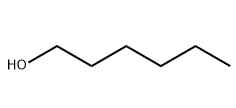
Description
N-Hexanol, also known as hexyl alcohol, is an organic compound with the formula C6H13OH. This colorless liquid is a part of the fatty alcohol group and is notable for its significant role in various industrial applications due to its unique chemical properties. n-Hexanol is primarily obtained through the hydrogenation of caproic acid or derived as a by-product of the fermentation process. With its distinctive odorous characteristic, reminiscent of freshly mown grass, n-Hexanol serves not only as a pivotal industrial solvent but also plays a crucial role in the formulation of flavors and fragrances.
N-Hexanol Standard
Appearance: Colourless Clear Liquid
Content %≥: 99.0
Density at 25°C: 0.814 g/mL
Vapor pressure (25.6℃): 1 mmHg
Refractive index n20/D: 1.418
Explosive limit %(v): 1.2-7.7
Application
1. Industrial Solvent: serves as an effective solvent in the industrial sector, particularly in the formulation of varnishes and inks. Its ability to dissolve a wide range of chemical substances makes it an ideal choice for thinning paints, varnishes, and inks to the desired consistency for application. This solvent property ensures smooth, uniform coating on surfaces, enhancing the durability and appearance of finishes. Furthermore, n-Hexanol’s relatively low evaporation rate slows down the drying process, which can be advantageous in applications requiring controlled drying times.
2. In the flavors and fragrances industry, n-Hexanol is prized for its distinctive, fresh, and green aroma, reminiscent of freshly cut grass. This makes it a popular choice for formulating perfumes, colognes, and various scented products aiming to capture the essence of nature. Additionally, in food flavoring, n-Hexanol is used to impart a fresh, fruity note to beverages, confectioneries, and baked goods. Its application in flavorings is meticulously regulated to ensure safety and compliance with food standards.
3. As a chemical intermediate, n-Hexanol is instrumental in the production of plasticizers, which are substances added to plastics to increase their flexibility, transparency, durability, and longevity. It is particularly used in synthesizing esters, such as dioctyl phthalate (DOP), which serve as plasticizers in making PVC (Polyvinyl Chloride) softer and more flexible. This application is crucial for producing a wide range of plastic products, from medical devices to packaging materials, offering enhanced performance and durability.
4. Pharmaceuticals and Cosmetics: n-Hexanol’s antiseptic properties make it a valuable component in the formulation of disinfectants and antiseptic products. It is employed in healthcare settings and products to kill or inhibit the growth of microorganisms, ensuring hygiene and preventing infections. Moreover, in the personal care industry, n-Hexanol is used in the production of lotions, creams, and other skincare products for its moisturizing properties and ability to enhance the absorption of other beneficial ingredients into the skin.
5. In the manufacturing of lubricants and greases, n-Hexanol acts as a base ingredient or additive to improve the lubricity and performance of products. Its application in lubricants helps reduce friction between moving parts, protecting machinery and components from wear and tear. This extends the lifespan of equipment and ensures efficient operation, particularly in industrial and automotive settings.
6. n-Hexanol is used in the synthesis of agricultural chemicals, including pesticides and herbicides. It functions as a solvent or carrier for active ingredients, enhancing their effectiveness in controlling pests and weeds. This application is critical in agriculture to protect crops, increase yields, and ensure food security.
Storge & Handling
Shall be stored in a cool, dry place to maintain its stability and prolong its shelf life. Proper storage conditions are crucial to prevent product degradation, as ethylene carbonate can slowly decompose in the presence of moisture.
Packing
170KG/Drum


